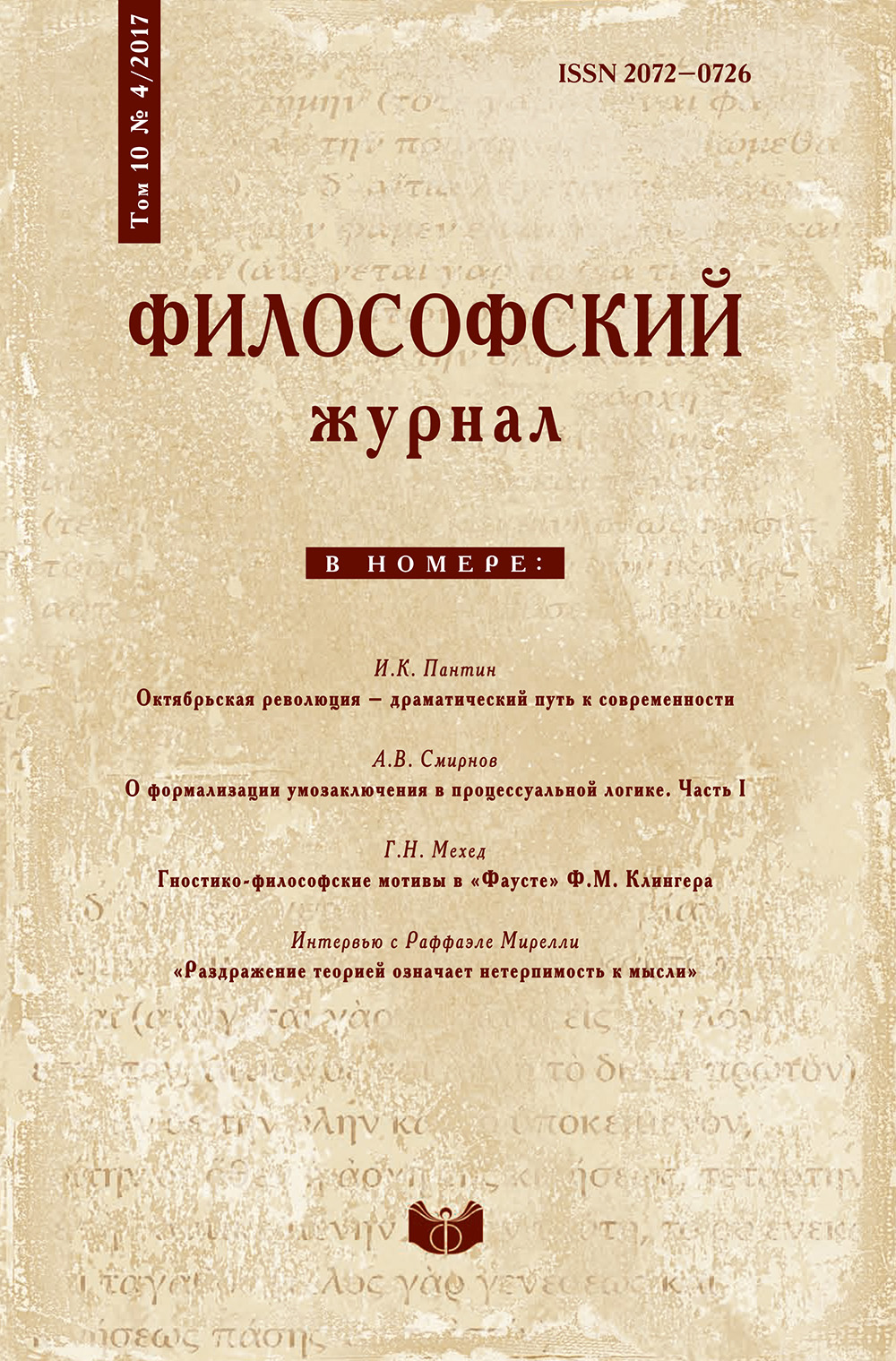Qiyās as a formal proof: the way the fuqahā’ argued. Part I
DOI:
https://doi.org/10.21146/2072-0726-2017-10-4-72-92Keywords:
qiyās, fiqh, substantial logic, processual logic, episteme, demonstration, proofAbstract
This article makes a case for the hypothesis that the qiyās (lit. ‘co-measuring’) elaborated by the fuqahā’ (Islamic jurists) is a logically valid demonstration procedure and not an analogy judgement as it is generally assumed to be by Western scholars. The first part of the paper traces down the main stages in the theoretical evolution of qiyās within the’uṣūl al fiqh (foundations of Islamic juridical science). It can be argued that Islamic thinkers, including fuqahā’, were well acquainted with Greek syllogism; moreover, such eminent Islamic jurists as Ibn Ḥazm and al Ghazālī even advocated the adoption of Greek syllogism in fiqh as a method of demonstration. Generally the fuqahā’, however, preferred to develop an original theory of demonstration. This fact, hitherto unexplained in Western scholarship, can therefore be accounted for neither by the fuqahā’s alleged ignorance of Greek syllogism nor by their reluctance to adopt it. The solution here proposed is that the Greek-type qiyās-syllogysm and the genuine Islamic qiyās-commeasuring each have in fact a different epistemic basis. This hypothesis will be elaborated in the second part of the article.






